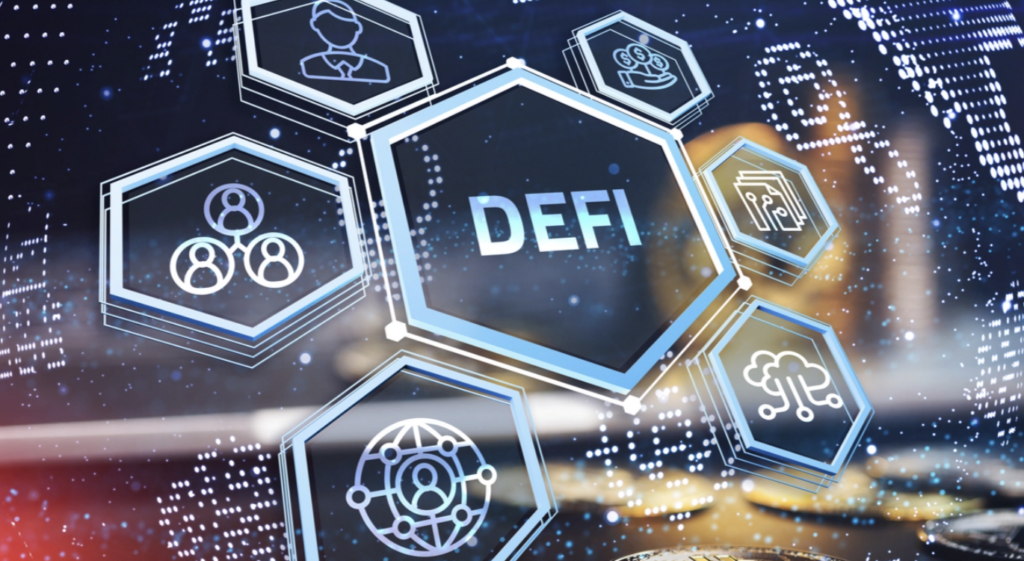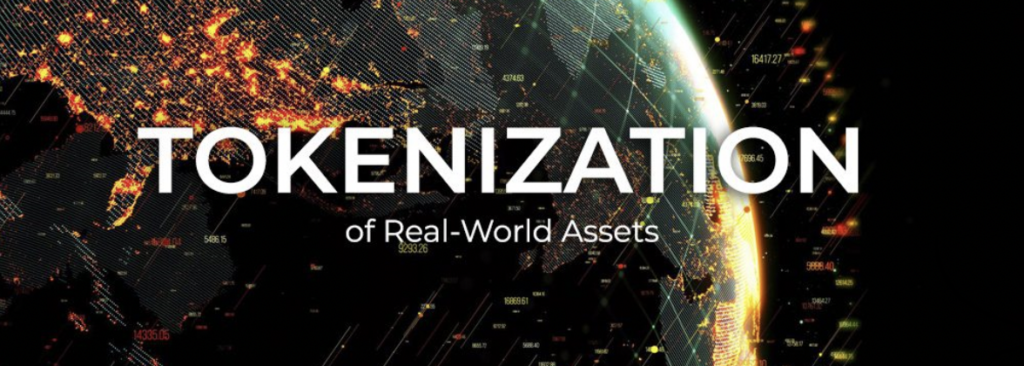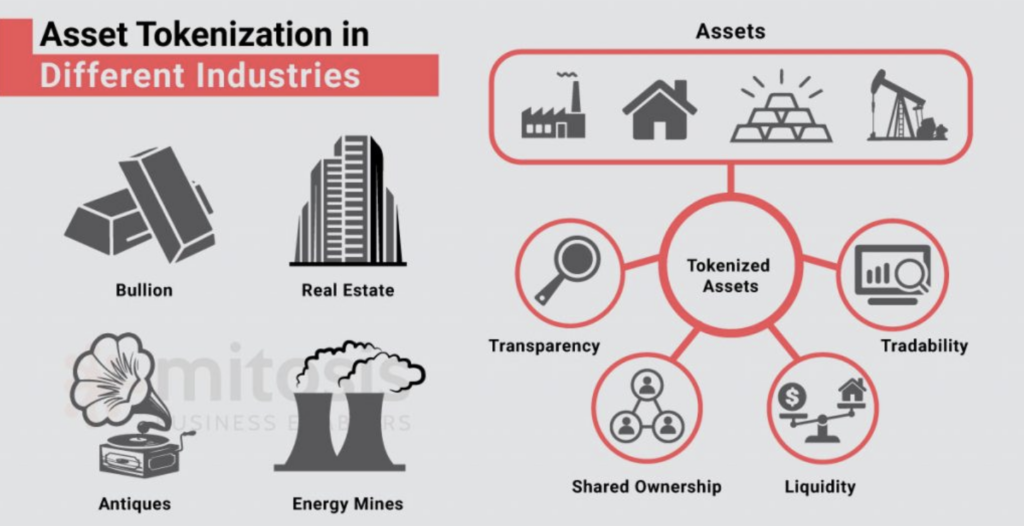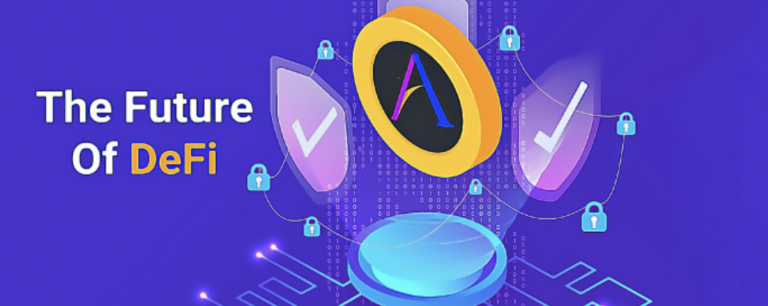
There are many reasons why so many people are excited about DeFi and how it will change finance forever. DeFi, or decentralized finance, refers to blockchain-based financial products and services meant to disrupt financial intermediaries. For example, these intermediaries might be banks, brokers, or wealth managers. The DeFi sector didn’t exist several years ago. In 2023 the Global Decentralized Finance Market Size was valued at 20.22 billion and is projected to reach 398.77 Billion by the year 2031.
While there’s a massive demand for DeFi, you might wonder what’s next. Experts claim tokenization will emerge as the next decentralized finance trend, and there’s certainly a great case to be made. Why is tokenization so important, and what social benefits does it offer?
How tokenization works with DeFi
The difference is evident between traditional finance and DeFi. There are far fewer barriers to entry to the financial system with decentralized finance than TradFi. Traditional finance is opaque with many entrepreneurs not being able to obtain loans, even for nefarious reasons.

Instead of money being tightly controlled, DeFi allows for a more open and transparent system where anyone with an Internet connection can access financial services. Whether you’re someone who can’t get access to capital or someone who lives in a country without a stable economic infrastructure, DeFi can prove invaluable.
What are the social benefits of tokenization?

The social benefits of tokenization are clear. It allows people more opportunities for ownership, more access to liquidity, access to capital, additional control over their identity, and more. Africa has traditionally struggled with financial infrastructure, and crypto adoption has grown significantly there over the past several years.
Here are some key ways tokenization is critical for DeFi growth. First, it offers the opportunity for fractional ownership. If you can’t afford an expensive piece of art, you could afford a fraction of that art piece if the art was tokenized.
Second, tokenization means you can put real-world assets on the blockchain. Let’s say you own a home but run into financial difficulties. Instead of an expensive and challenging process where you reverse mortgage your home, you can tokenize your real estate on the blockchain and get access to its value as soon as possible.
What if you can tap ANY asset of yours for additional liquidity when needed? That’s the future tokenization offers: a world where you can tokenize your car, art, real estate, and more.
There’s another very obvious benefit: the fact that cutting out intermediaries usually means people pay lower costs, spend less time closing deals, and enjoy faster settlement times. Whether you’re looking for a loan or trying to sell a house, tokenization can offer a new level of transparency and convenience.
Can tokenization help communities worldwide?
DeFi is about more than decentralized exchanges, stablecoins, and DAOs. Let’s examine how tokenization can meaningfully improve the lives of communities that may be underserved or marginalized.

The social benefits of tokenization are clear. In fact, the opportunities tokenization offers are intertwined with DeFi goals. It’s about giving people more control, autonomy, and ownership over themselves and their assets.
Tokenization is about more than just offering social benefits and opportunities for entrepreneurs or business owners. What if a city tokenized its assets as a crowdfunding technique to ensure financial stability? Tokenization also extends to “intangible goods” such as copyrights, carbon credits, or patents, offering a new level of transparency thanks to the blockchain.
Imagine a city that incentivizes investments in its public infrastructure (such as a bridge, for example) through tokenization, without relying on taxpayer money or private capital. Also, what if a group of people without access to venture capital decide to turn to tokenization to crowdfund for a specific cause? These are concrete examples of how tokenization can help communities, no matter where they are located.

The future of DeFi and tokenization
There are so many applications for both DeFi and tokenization that it’s hard to predict the use cases that will emerge over the next several years. DeFi can help bank the unbanked, but it can also help people take control of their identity, the assets they own, and get access to financial products and services that would not otherwise be available.
When people think about tokenization, they might immediately think of NFTs. The truth is that the social benefits for tokenization are almost endless. It can help individuals worldwide get loans, start businesses, and even monetize their personal data. While it may take some time, you can expect to see new social benefits of tokenization technology emerging soon.
About the Author

Neil Mathew
About Decentral Publishing
Decentral Publishing is dedicated to producing content through our blog, eBooks, and docu-series to help our readers deepen their knowledge of cryptocurrency and related topics. Do you have a fresh perspective or any other topics worth discussing? Keep the conversation going with us online at: Facebook, Twitter, Instagram, and LinkedIn.


